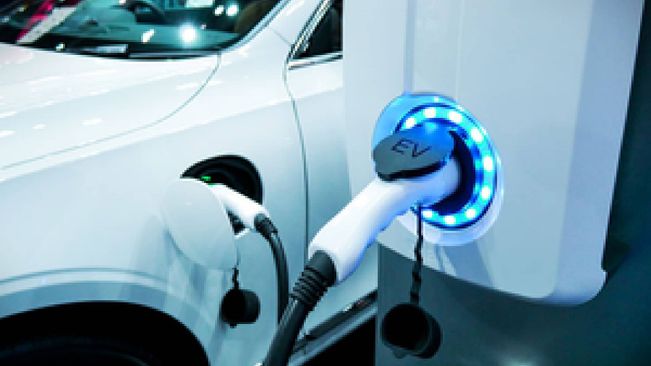From merely 1.3 lakh EVs sold in 2020, an estimated 1.6 million EVs were sold in the country in 2023, which is a sizeable compounded annual growth rate of 133 per cent in the last three years.
For the same period, the share of petrol vehicle sales of total vehicle sales reduced from 86 per cent in 2020 to 76 per cent in 2022, with diesel vehicles share remaining relatively flat at 11-12 per cent, according to a report by OmniScience Capital.
India has set an ambitious target of 30 per cent EV penetration by 2030, supported by government subsidisation and EV-Infra schemes such as FAME India (Faster Adoption and Manufacturing of Electric Vehicles) which aims to provide subsidies to EV customers, and PLI (Production Linked Incentive) schemes to boost domestic manufacturing of EVs and EV components.
In addition, with fossil-fuel prices rising and global EV battery prices expected to keep falling till 2030, the total cost of EV ownership – which is already the lowest compared to its petrol, diesel and CNG peers – would fall further.
This increasing cost effectiveness compared to traditional vehicles will be the primary factor that drives EV adoption in India in future.
“With an anticipated total power consumption of approximately 100 TWh by 2030, EVs have the potential to rank among the nation's single largest power consumers,” said Vikas Gupta, smallcase Manager and CEO at OmniScience Capital.
The power sector in India has witnessed a major turnaround post-Covid, with power consumption growing at an annualized rate of nearly 10 per cent from FY21 to FY24 which is expected to continue till 2030.
The growth in power consumption will be in sync with India’s nominal GDP growth which is expected to cross $7 trillion by 2030, the report mentioned.
The data centres’ market in India is also expected to grow exponentially as data protection and localisation is prioritised.
--IANS
Read More Business News


























